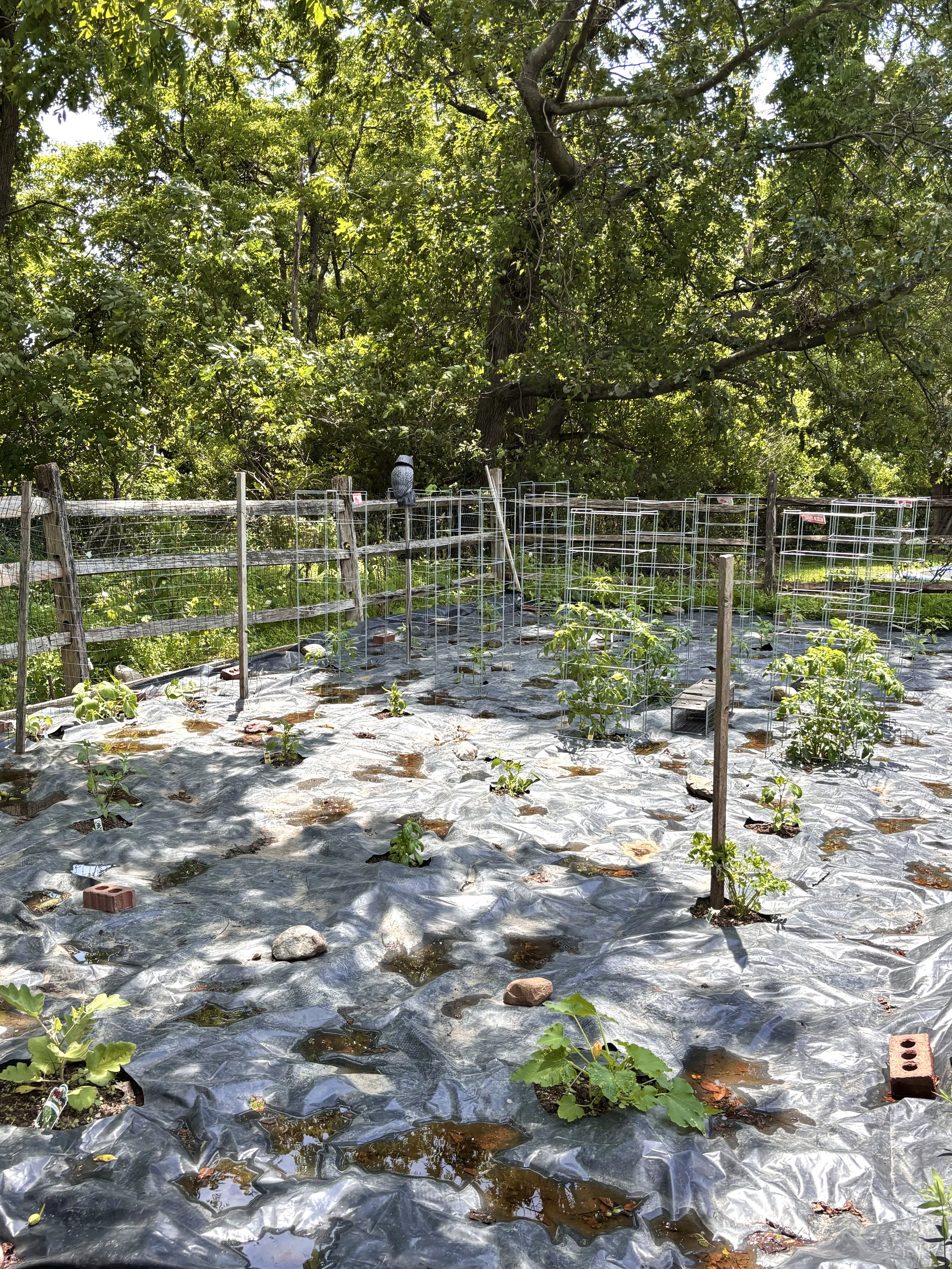watermelon salad season
It’s officially summer and if you grew up on the east coast with a vegetable garden like I did, then you’re all but waiting for the cucumbers, zucchini, tomatoes, bell peppers, and the works to come in. These water dense veggies provide the perfect way to round out your diet in the warmer months when you might need an extra hand in staying hydrated.
Mother Nature knows what she’s doing like that.
It’s not only the vegetables listed above, but fruits like watermelon that actually might actually help protect skin from the sun and herbs like basil that are full of antioxidants that help combat oxidative stress which, among many things, can lead to cell damage.
And it’s not only summer, but each season that brings a shift in natural food production that caters to our nutritional needs that also change with the weather. It’s not just that fresh herbs and fruits are readily available in the summer, but you might notice that you actually crave lighter meals in the warmer months. This isn’t a coincidence. Your body is telling you what it needs. A sweet, juicy peach on a hot day not only sounds delicious, but the high water and sugar content helps to keep you hydrated and energized.
To take it a step further, eating seasonally is also a way to support your mental health. For example, the body requires more vitamin C in the summertime to keep the immune system strong, maintain energy levels, and aid in skin health. So by eating local strawberries or blueberries in the summer – depending where you live and where they are growing – you could combat symptoms of fatigue, low mood, and even depression.
However, in many ways, modern society no longer operates in accordance with this natural alignment. Strawberries, bananas, and apples are just a few examples of produce we’re used to seeing at the grocery store year round. Not to mention that one specialty market that you pop in whenever you need an ultra-specific imported ingredient for an exotic dish. Not only is this problematic for the environment in the way of increased carbon emissions, but it’s not the way we were meant to manage our nutrition.
So next time you need produce, it might be worth it to check out your local farmers market. Your body and mind will thank you.

